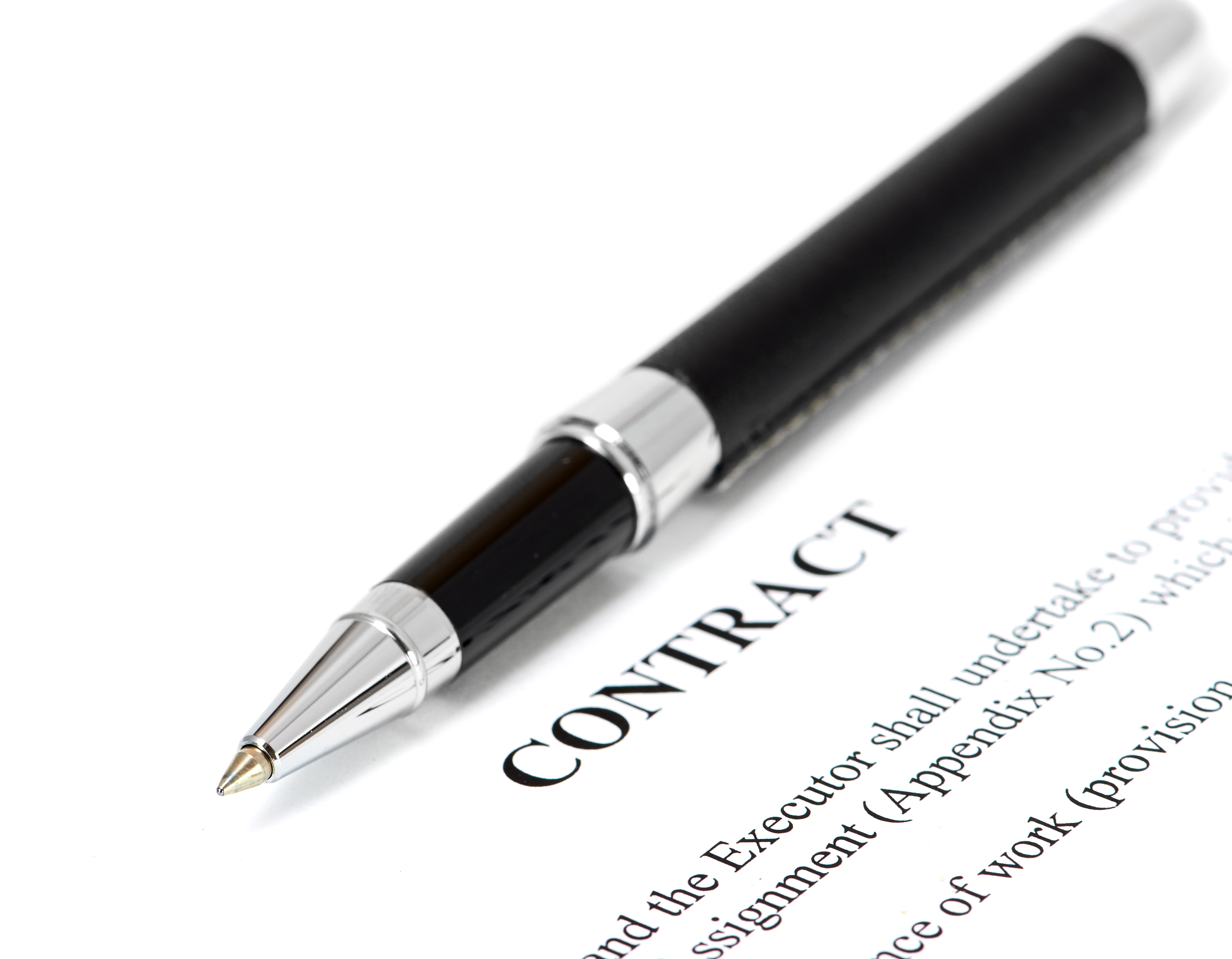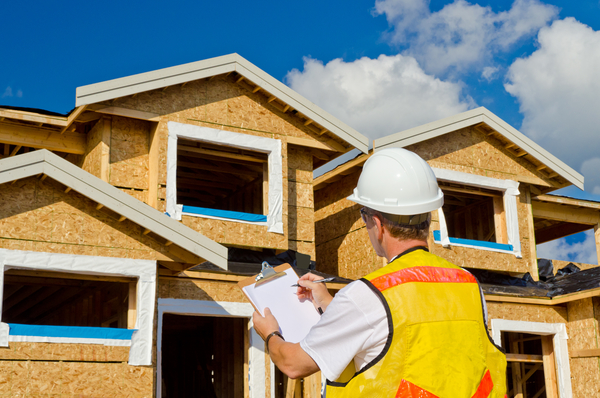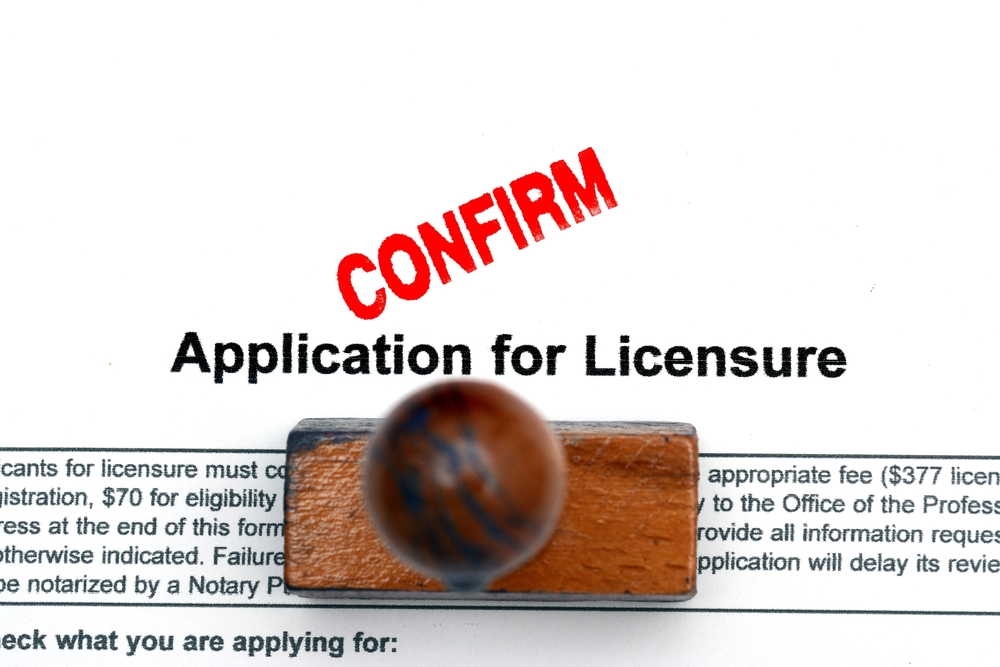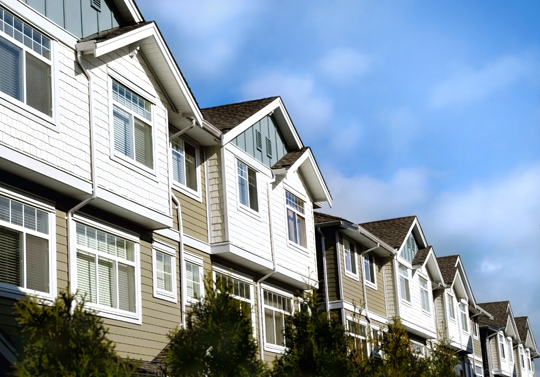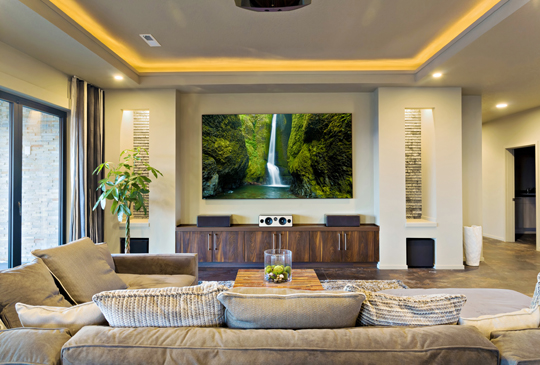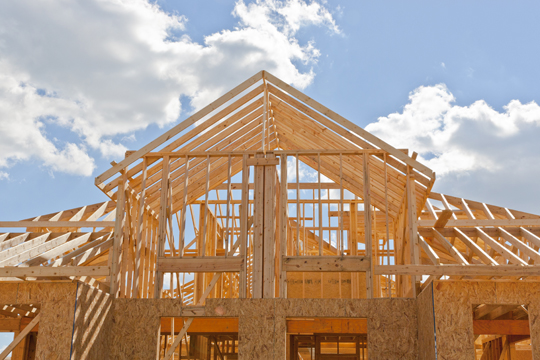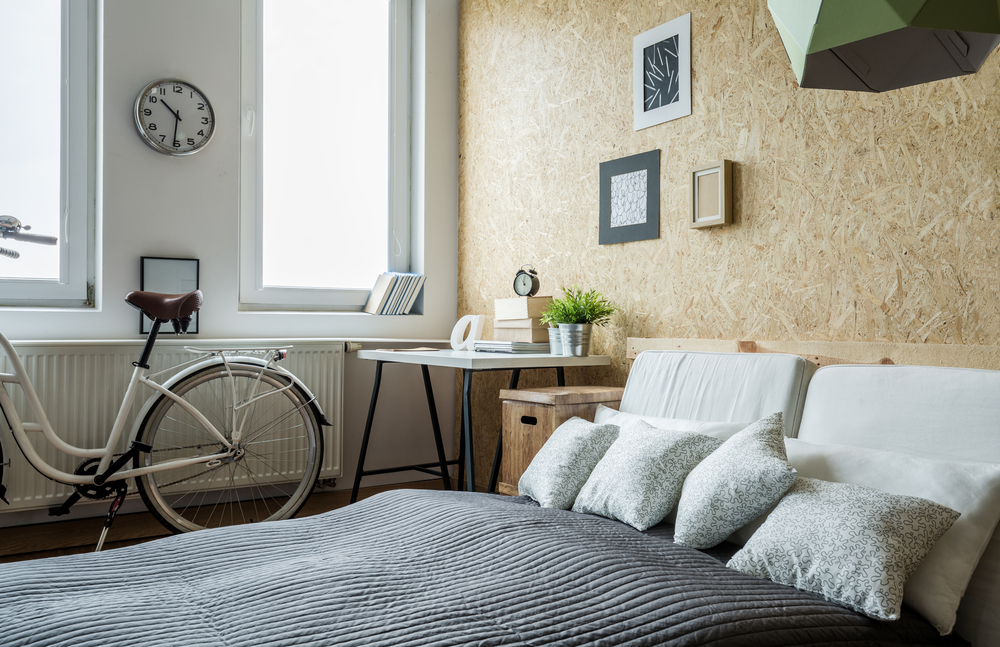
Designing a Suave Bachelor Pad
Have you recently moved into your very own pad? You can turn your new apartment into a masculine oasis that looks high-end without breaking the bank to do so. Take these design tips into consideration when you’re planning out your new bachelor pad and transform your home into the space of your dreams.
Use Paint to Your Advantage
If you purchased your home, there’s no reason you shouldn’t paint your walls. Few things can change the entire atmosphere of a space like a fresh coat of paint. If you’re renting your bachelor pad, check with the landlord first. If they give the go ahead, you’re in the clear. If they say no, consider whether it’s worth it to take a hit in your security deposit so that you can make your space exactly the way you want it to. In most cases, it’s completely worth it. Call TalkLocal and within minutes we’ll connect you with a local pro that’s able to paint your new pad.
Think Modern
You may not have the bank account to throw a small fortune into your design, but that doesn’t mean you can’t make your place look expensive, without it actually being, well, expensive. An easy way to do this is stick to modern décor options. Clean lines and modern materials combine for a high-end look your visitors will definitely be impressed by. Modern looks lend themselves to minimalism, which is great for guys looking to carve a clean, clear space that encompasses the best of the 21st century. If you’re unsure what can be categorized as modern, use websites dedicated to modern objects, gadgets, and decorations like www.touchofmodern.com. One of the easiest ways to make an impression without going overboard? Statement art. Banksy-style pieces are sure to draw the eye, and minimalist paintings will give you an air of sophistication with ease. If you don’t want to drop hundreds of dollars on a canvas painting, consider purchasing a few large art prints from Society6. You can hang up multiple or rotate through to keep your décor feeling lively all year long. One final note: make sure you frame it; this isn’t college and unframed posters have no business being taped or nailed to the wall.
Maintain Your Space
Keep your space clean. Nothing is less impressive than a space that’s cluttered with décor and littered with trash. If you can’t find the fortitude to clean up after yourself, invest in a cleaning service to come each week. Keeping a clean space is good for both your physical and mental health. Clutter leads to higher rates of stress and depression, so do yourself a favor and make the commitment to keeping your new pad looking its best. Besides, with a clean place, you’ll never have to worry about quickly picking up for an unexpected guest.
A Source of Entertainment
If you want your bachelor pad to be the go-to spot for the big game or Friday night get-togethers, make sure your entertainment center is up to par. If you’ve got some money to work with, an in-home theater system is the way to go. Complete with a Blu-ray player and speakers that you can hide throughout your living room for the biggest effect, your movies and music will come through with the best audio in the apartment complex (don’t be surprised if you get a few noise complaints). While you probably want to include a television, game consoles, and speaker systems in your space, one thing that will kill the look of your space is the presence of tangled cords. Install a concealing channel and thread your wires through, or use a BlueLounge Cable Box to get rid of unsightly brambles of cord. If you need help hanging and installing your latest gadgets, call TalkLocal for a local handyman.
An At-Home Bar
What could be more debonair than your very own personal bar? If you plan on doing any type of entertaining, it’s worth it to invest in some quality barware. From cocktail shakers to tumblers for your whiskey, you likely have many of the bar accoutrements you need already. One thing you might not have? A bar cart. Check out this simple but refined option from Room & Board. A little out of your price range? This version from Target is under a hundred dollars, and you can always spray paint it to make it match your home’s color scheme.

